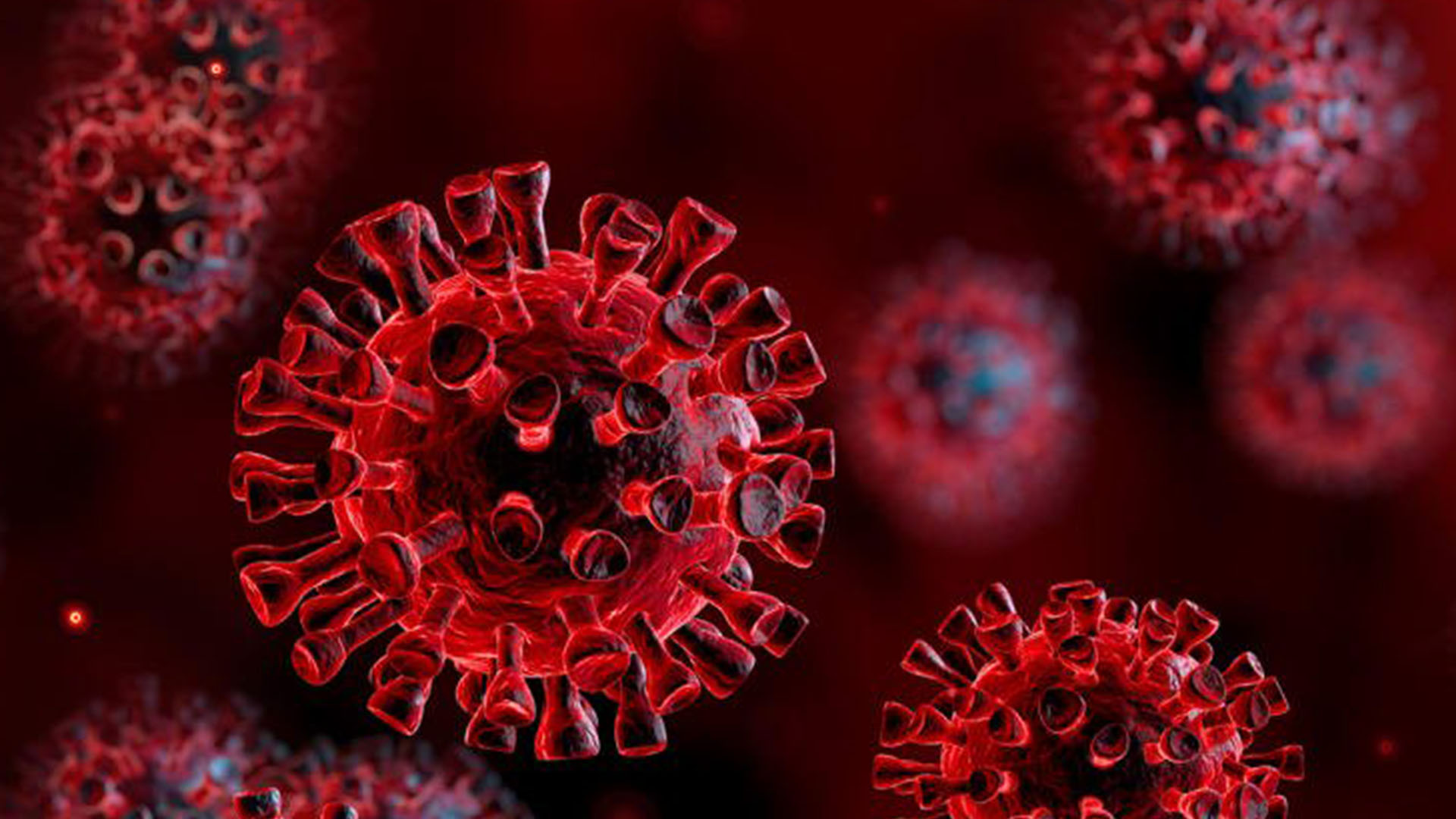4 years ago

It is more than eight months since the World Health Organization declared COVID-19 a global health emergency, but the number of questions on the nature of the virus, its effects and potential treatments continues to rise.
One of the key ones is how and why people are getting ill. At a recent online Q&A session the World Health Organization executive director Mike Ryan explained the impact of the virus on our immune systems in simple terms.
"It's almost like a Trojan horse," said Ryan, explaining how COVID-19 reaches our body - mostly through our respiratory routes. "It comes along and it mimics a protein that the cell expects to see and bind to. And using that, it's able to gain entry into the cell.
"And the only reason the virus wants to gain entry into the cell is to take control of the cell, because the virus itself is not a living thing. It actually needs the factory of the human cell to make another copy of itself. It cannot do it itself."
Reproducing more copies of the virus eventually kills the cell, and as the cells die, the body reacts.
"So, first of all, the virus is doing damage because it's causing cells to die," Ryan continued. "And then the immune response itself can cause some damage because it causes this inflammatory response. The body hasn't learned about the virus yet. The body doesn't know this virus. So it has this innate response.
"And eventually, over time and in a normally healthy person or someone without an underlying condition, a battle ensues between the virus infecting cells and the body's capacity to fight the virus doing that. And somebody wins."
Often the immune system wins. But when a patient's immune system is compromised, "their bodies don't react quickly enough and the virus takes control before the body system can react," said Ryan.
"And that's particularly worrying if it gets lower down in the lungs, because that's where you get your oxygen to your blood. And what can happen is it causes a swelling of the lining of the lungs. And that swelling can also cross the lining of the lungs into the lining of the blood vessels."
"And when that happens, essentially oxygen can't move between the air and your blood. And effectively, that's why people end up on oxygen, but they end up on ventilators because your body loses the capacity to efficiently transfer."
If that's not bad enough, said Ryan, the virus can also impact the kidneys, the brain, and the gastrointestinal system, as all these organs rely on oxygen.
There are also those patients whose body responds to the virus with a so-called 'hyper immune response'. It has happened in the case of children who had a normal immune response and then, days later, an extreme inflammatory response.
"Our immune systems are strange things," said Ryan. "They're kind of calibrated, they've got to react just right."
They have to do enough virus-killing to get an advantage over the virus, but the least possible amount of inflammation to avoid unnecessary damage to the human body: "It's a balance. And our bodies don't always get that balance right," said Ryan.